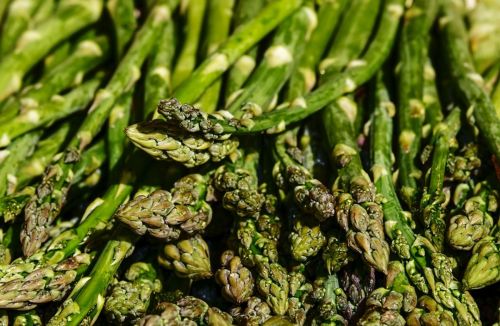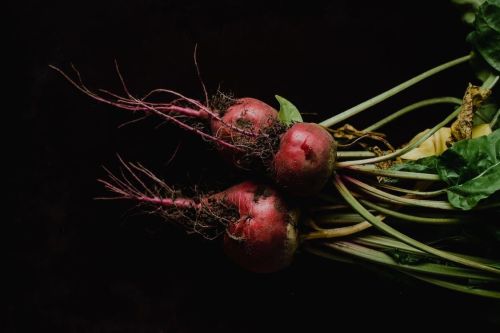18 facts about asparagus
Asparagus, known to mankind since ancient times (more than 5000 years), still enjoys enduring popularity, especially in French, Italian, Spanish or Ge ...
It is a very popular vegetable that we can't do without in the kitchen. We eat it in soups, as an addition to meats, and even use it as a baking ingredient. It has many beneficial properties for our health, but be careful with its consumption, because excessive use of carrots in our diet can cause health problems.










